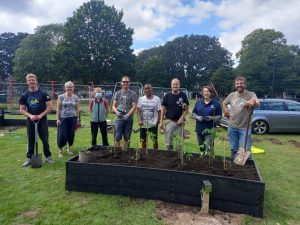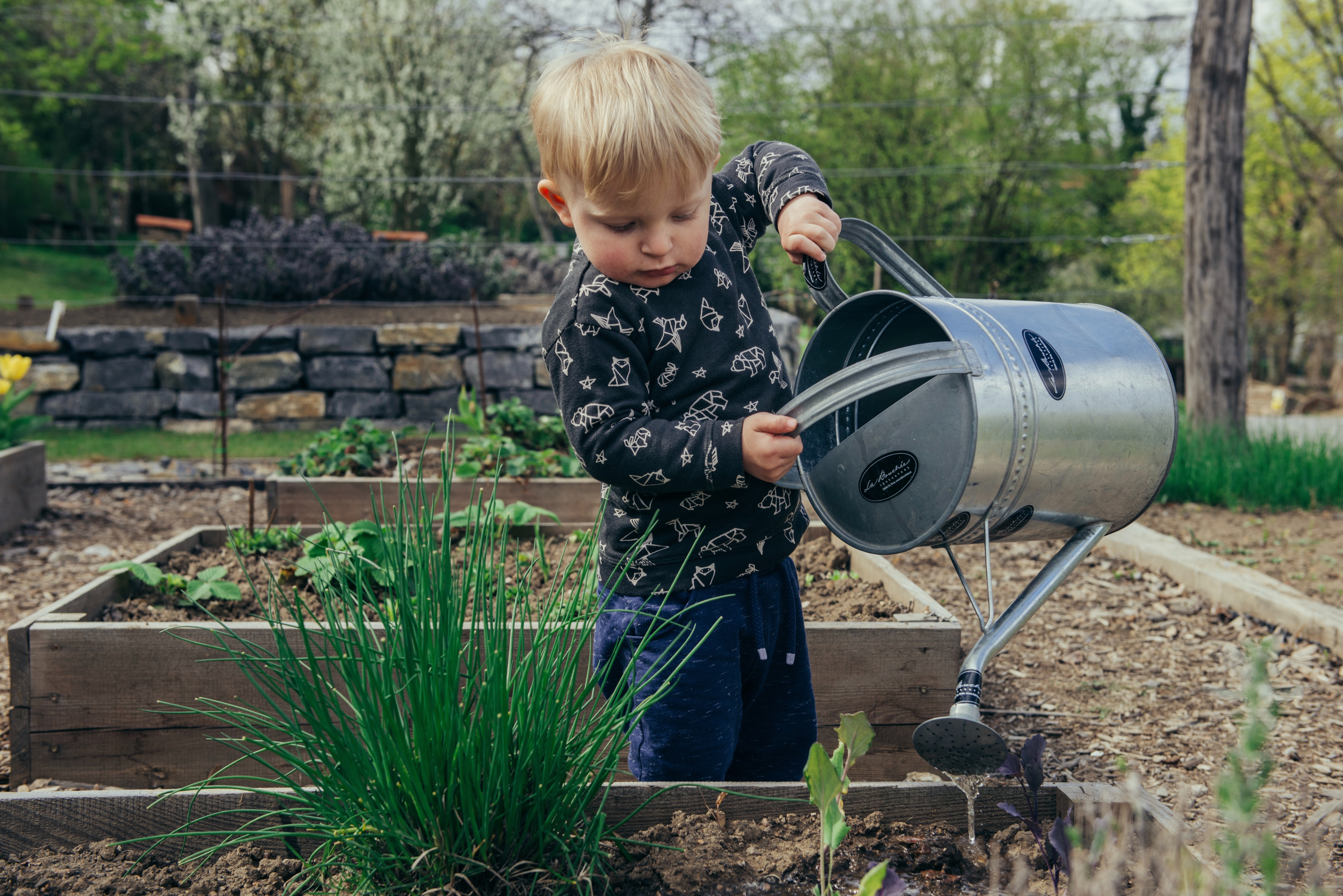Climate Change and NCDs
The world has been fighting Covid-19 for over two years, but there is another health crisis we still need to tackle, two actually, climate change and non-communicable diseases (NCDs). Air pollution has been called the biggest environmental health risk of the 21st century. Whilst NCDs like cancer, cardiovascular disease, respiratory diseases, and diabetes account for 74% of deaths worldwide. Together climate change and NCDs are a serious threat to global health.
Is there a link between climate change and NCDs?
The short answer is yes. A report in March 2022 found that climate change affects human health and wellbeing in many ways. It is not just the sudden and devastating injury and death caused by floods and bushfires. Air pollution is the second leading cause of NCDs, particularly respiratory diseases. At the same time heat waves, which are on the rise due to climate change, can cause food shortages, leading to poor diet, migration, and even conflict, all of which increase the risk of those affected developing NCDs. So, the question is not is there a link between climate change and non-communicable diseases, but what can we do about it?
What is C3 doing about it?
WHO and an IPCC report on climate change as a health risk suggest a number of ways we can protect our planet and our health. Below are a few examples of how C3’s mission to prevent NCDs is also helping our planet.
Growing local sustainable food:

Growing food locally and eating a more plant-based diet can have both environmental and health benefits. Eating a balanced diet helps reduce the risk of NCDs. Additionally, growing food locally has been shown to reduce greenhouse gas emissions. C3 is part of ASPIRE, an EU project that is working in towns in the UK and France to encourage healthy eating. As such, C3 has been collaborating with local communities to develop ‘Grow Your Own’ social clubs and spaces. Providing affordable sustainable food, grown for local people by local people.
Creating green spaces in towns and cities:
Growing your own food doesn’t just help provide a balanced diet. The creation of gardens and allotments for growing also adds green spaces to towns and cities. These urban green areas improve wellbeing and reduce the health impact of heatwaves by lowering temperatures. C3 has not stopped at just developing green spaces for growing food. From re-wilding to developing natural play areas for children, our work with ASPIRE has found opportunities to improve community health in sustainable and environmentally friendly ways.
What can you do about climate change and NCDs?
You can read a full list of how you can get involved in World Health Day: Our Planet Our Health on the WHO website.
Learn more about C3’s mission to combat preventable chronic disease, how you can help us, and our work on the ASPIRE EU project by visiting our website.
Follow us on Twitter and LinkedIn.
Did you enjoy this blog? You may also like our video on Healthy Environments & Health Empowerment, lessons from the Caribbean.

